Is Britain’s infrastructure failing?
High costs, inflation, policy uncertainty and ‘nimby’ tax have led to ‘dire state’ of UK building projects
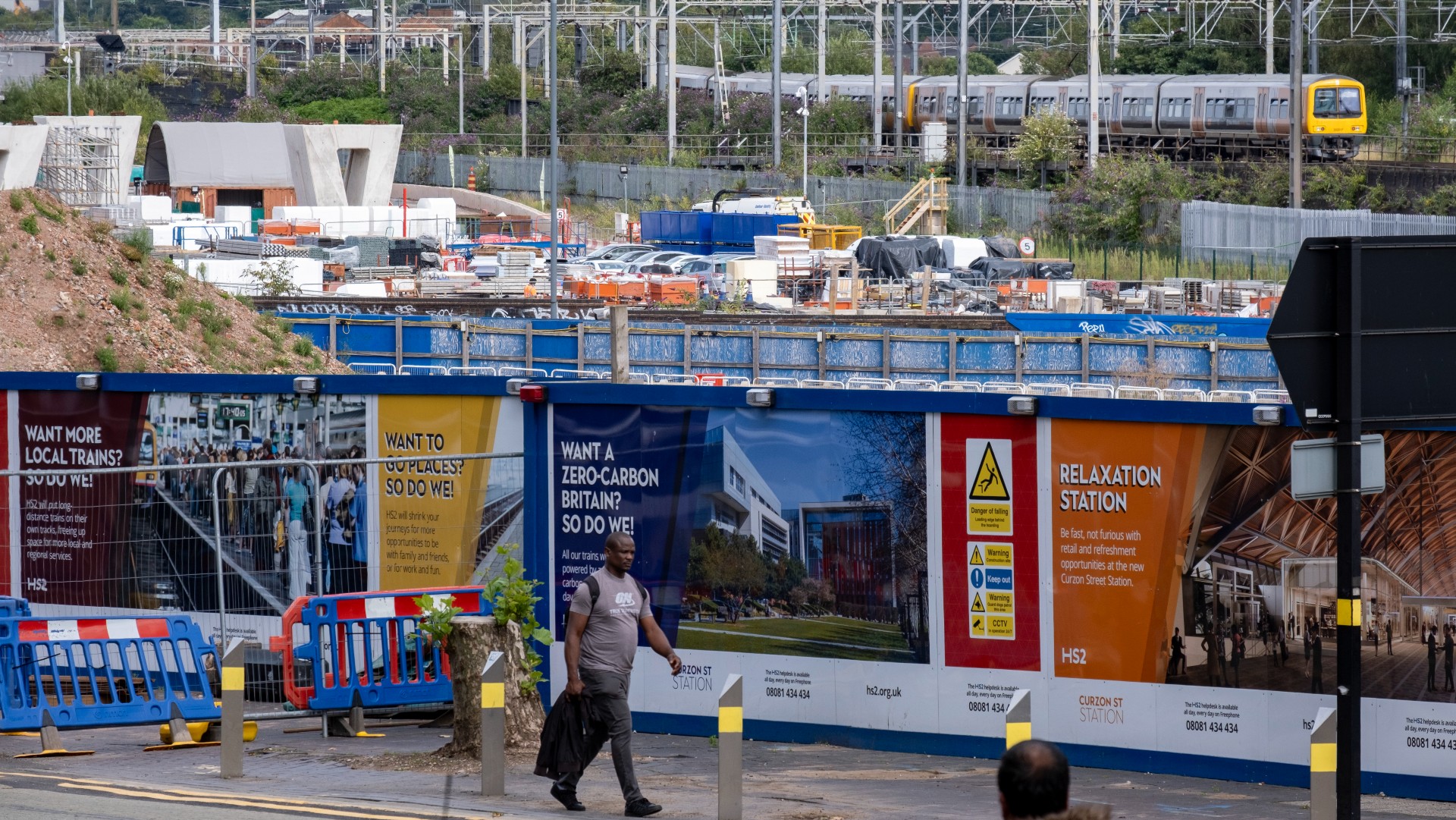
A free daily email with the biggest news stories of the day – and the best features from TheWeek.com
You are now subscribed
Your newsletter sign-up was successful
“We need to talk about the dire state of British transport infrastructure.” So wrote John Burn-Murdoch, chief data reporter for the Financial Times (FT), on Twitter.
Britain spends up to eight times more than its European neighbours on road and rail projects, according to new infrastructure cost databases created by pro-growth campaign group, Britain Remade. The first phase of the High Speed 2 (HS2) rail link between London and Birmingham, Europe’s biggest infrastructure project, will be the world’s most expensive scheme of its kind – if it is ever finished.
“It didn’t have to be this way,” Burn-Murdoch wrote in the FT. HS2 may be “a particularly notorious example”, but it’s “representative of a wider pattern”. Higher costs in the UK are largely down to “mountains of red tape and nimby opposition”, said The Daily Telegraph.
The Week
Escape your echo chamber. Get the facts behind the news, plus analysis from multiple perspectives.

Sign up for The Week's Free Newsletters
From our morning news briefing to a weekly Good News Newsletter, get the best of The Week delivered directly to your inbox.
From our morning news briefing to a weekly Good News Newsletter, get the best of The Week delivered directly to your inbox.
“Almost half (42%) of all major infrastructure planning decisions have been delayed since 2017,” said Britain Remade’s head of policy Sam Dumitriu in The Spectator last year. Successive governments have tried to accelerate projects – “but the process is slowing down, and churn at the heart of the government itself is largely to blame”, said The Economist.
What’s happening with UK infrastructure?
Britain Remade looked at 138 transport projects across 14 countries, and 104 road projects in 11 countries.
British underground rail projects are twice as expensive as Italy or France, three times more expensive than Germany, and six times more expensive than Spain. Only the US and Canada were more expensive than the UK. When it comes to building roads, Britain is 23% more expensive than France, 17% more expensive than Canada, and 13% more expensive than Italy.
The new Elizabeth Line in London is one of the world’s most expensive metro systems, at almost £1.4 billion per mile. In just eight years, Madrid built a whole 81-mile subway network at just £68 million per mile.
A free daily email with the biggest news stories of the day – and the best features from TheWeek.com
The first phase of HS2 cost £396 million per mile, compared with a similar rail link between Paris and Strasbourg that cost £31 million per mile. “Some of the mismanagement of the project would be comical, if it wasn’t so tragic,” wrote Dumitriu and Ben Hopkinson, a policy researcher at Britain Remade.
“It’s not just rail where the UK is shooting itself in the foot with an increasingly expensive gun,” said Burn-Murdoch. “It’s the combination of poor public transport outside its capital with poor roads everywhere that really sets Britain apart.”
European cities and London do well on public transport, while American cities are optimised for cars. “But British cities [apart from London] get the worst of both worlds: threadbare public transport and choked road networks.” He added on Twitter: “Even American cities are better served, and the US hates public transit!”
Of the 52 UK cities with more than 250,000 people, only eight (15%) have a tram or metro system. In France and Germany the rate is 80%. “Infamously, Leeds is the largest city in western Europe without a metro system,” wrote Dumitriu and Hopkinson.
The UK, the study concluded, “is a laggard on rail electrification”. Too few electrified train lines forces commuters to rely on slower, less reliable diesel trains. About 71% of Italy’s rails are electrified and 61% of Germany’s, compared with 38% of the UK’s. “Electrifications should be a no-brainer.”
Why is infrastructure failing?
Although blame for skyrocketing energy bills “should fall squarely at the feet of Vladimir Putin”, wrote Dumitriu for The Spectator, bills “would be much more manageable if Britain had built the necessary energy infrastructure”. The failure to do so has been “disastrous” for the country, leaving the UK dependent “on dirty, expensive imported energy, strengthening the position of the world’s dictators”.
One reason is inflation, which is running high for energy-intensive activities like construction. When projects are delayed for so long, costs spiral. Another is the so-called “nimby” tax. According to a 2019 study in the US, the rise of the environmental movement and the emergence of homeowners as lobbyists have added significant delays and costs to projects.
But even when the Planning Inspectorate (a UK government agency) issues recommendations on projects, government departments are “dithering over whether to proceed”, said The Economist.
The reason? Out-of-date national policy statements (NPSs). These are, in essence, the UK’s system for assessing infrastructure projects. Although the government should refresh them every five years, this has not been happening. The NPS for energy has not been updated since 2011. In 2021, the then transport secretary Grant Shapps announced a review of the road and railways NPS, but this has not been completed. Shapps has since changed jobs – four times.
It’s “not surprising” that these “hefty documents” have been neglected, “when policies and prime ministers change as frequently as they have recently”, said The Economist. Thanks to uncertainty over government policy, challenges by environmental groups are easier to bring and more likely to succeed.
The reason for slow building is “not the planning system”, but “the fact that British ministers have been unable to specify what they want”.
“Their confusion is the problem. Politician, heal thyself.”
Harriet Marsden is a senior staff writer and podcast panellist for The Week, covering world news and writing the weekly Global Digest newsletter. Before joining the site in 2023, she was a freelance journalist for seven years, working for The Guardian, The Times and The Independent among others, and regularly appearing on radio shows. In 2021, she was awarded the “journalist-at-large” fellowship by the Local Trust charity, and spent a year travelling independently to some of England’s most deprived areas to write about community activism. She has a master’s in international journalism from City University, and has also worked in Bolivia, Colombia and Spain.
-
 Switzerland could vote to cap its population
Switzerland could vote to cap its populationUnder the Radar Swiss People’s Party proposes referendum on radical anti-immigration measure to limit residents to 10 million
-
 Political cartoons for February 15
Political cartoons for February 15Cartoons Sunday's political cartoons include political ventriloquism, Europe in the middle, and more
-
 The broken water companies failing England and Wales
The broken water companies failing England and WalesExplainer With rising bills, deteriorating river health and a lack of investment, regulators face an uphill battle to stabilise the industry
-
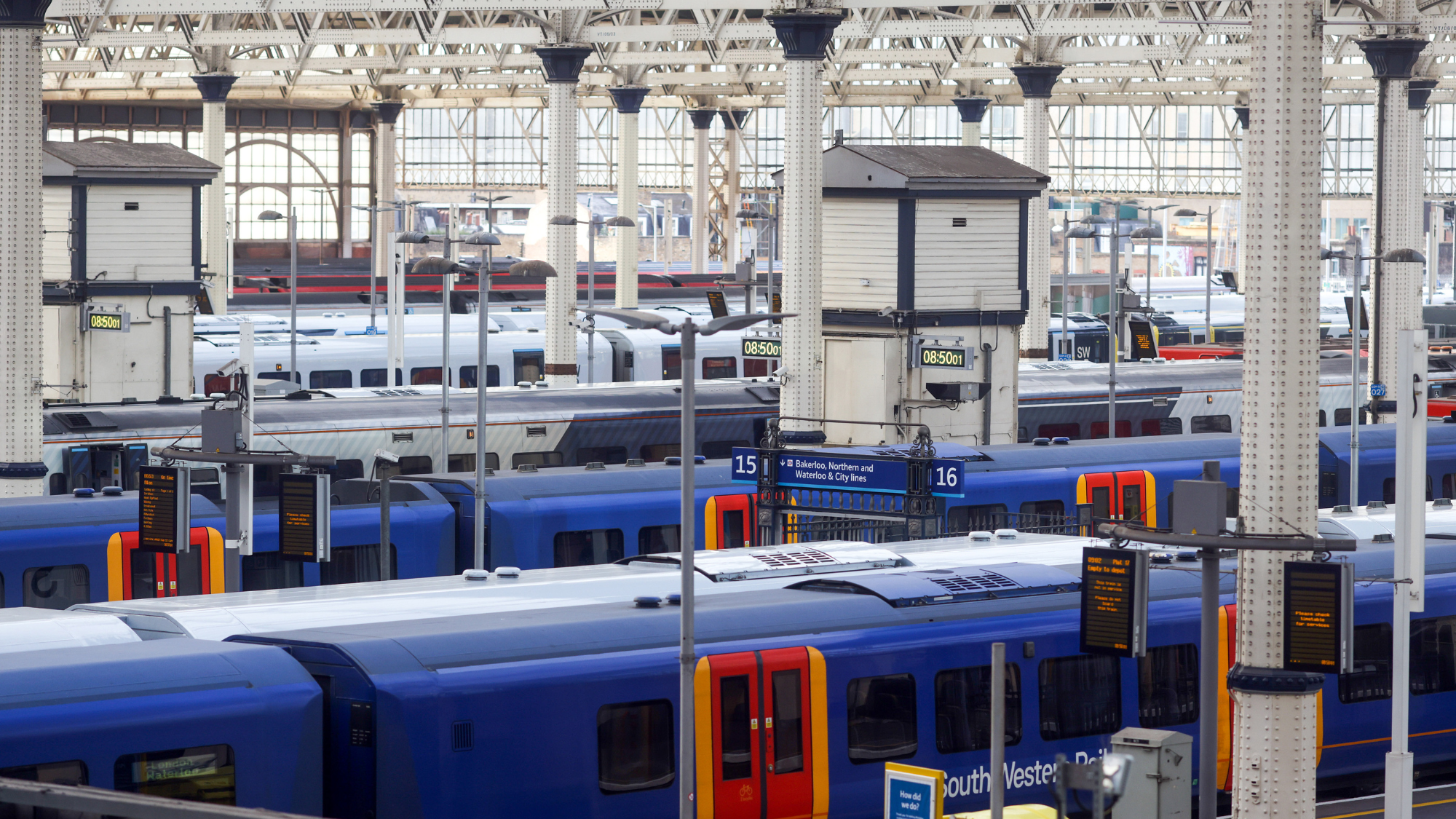 Is it finally all change for train Wi-Fi?
Is it finally all change for train Wi-Fi?In The Spotlight South Western Railway's 5G Wi-Fi service has changed the way passengers connect – but will the new system catch on?
-
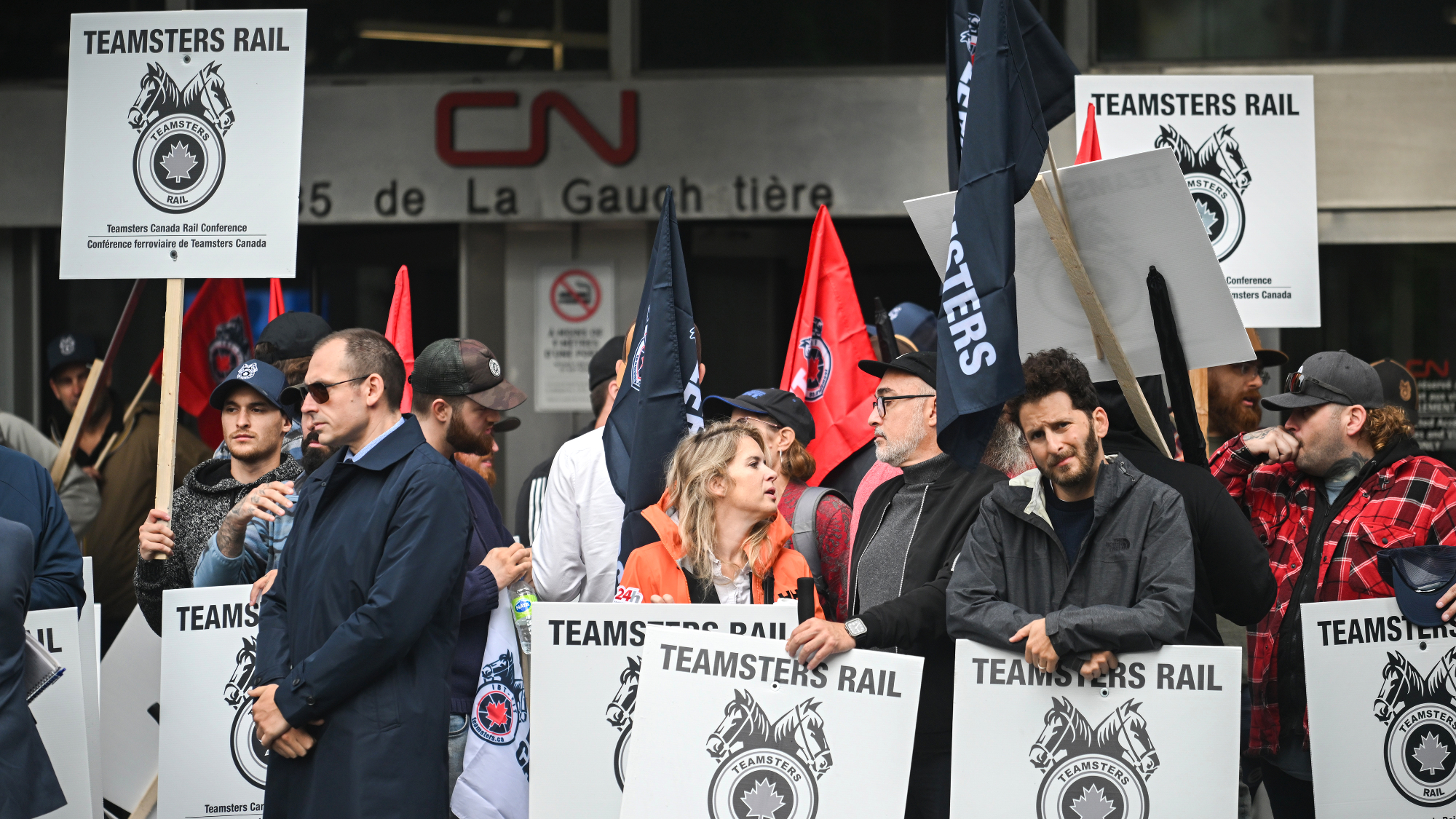 Brief Canada rail lockout ends with arbitration
Brief Canada rail lockout ends with arbitrationSpeed Read A prolonged shutdown could have threatened the country's supply chain
-
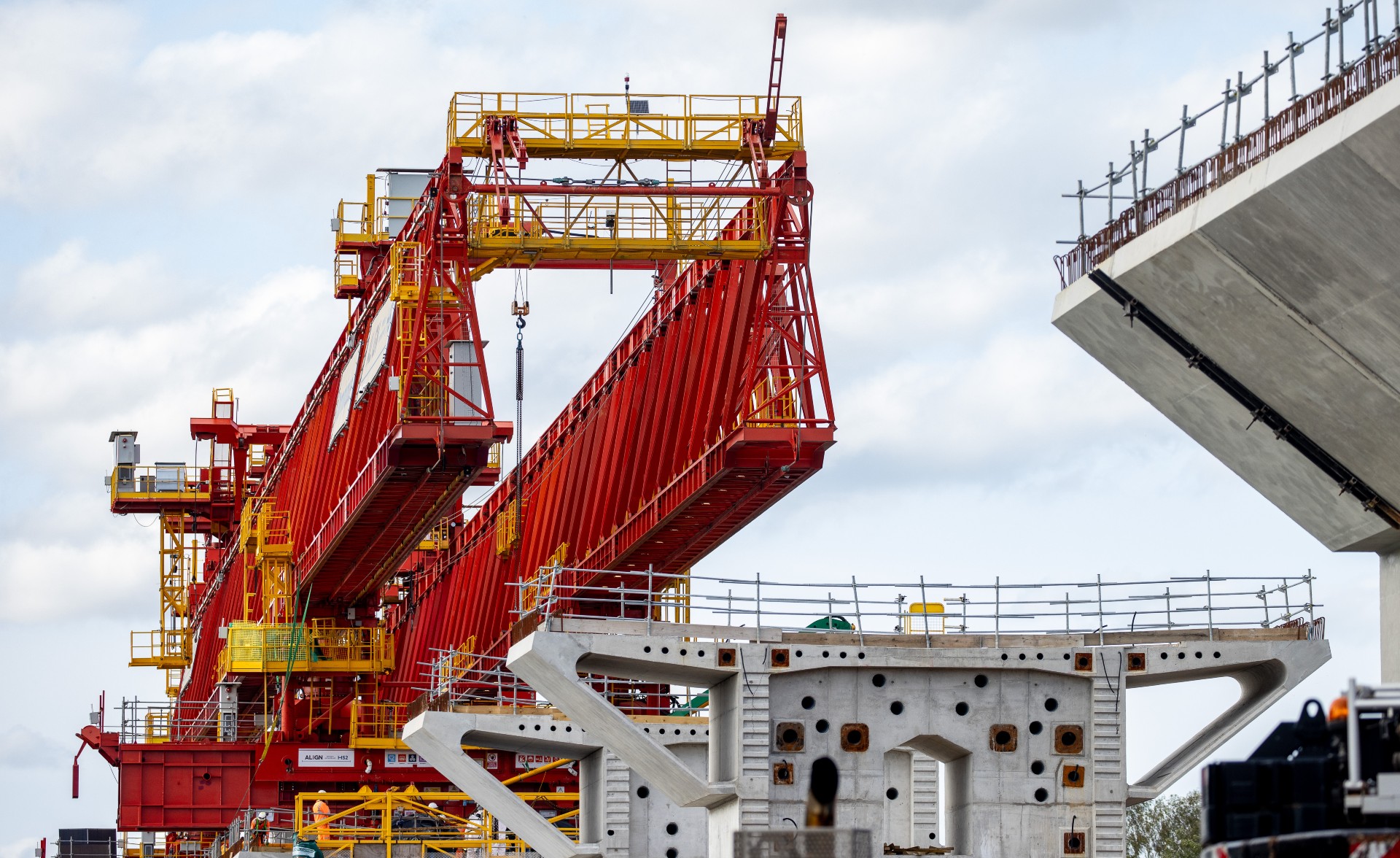 HS2: a runaway train
HS2: a runaway trainTalking Point PM may cut Manchester to Birmingham line of beleaguered rail project due to spiralling costs
-
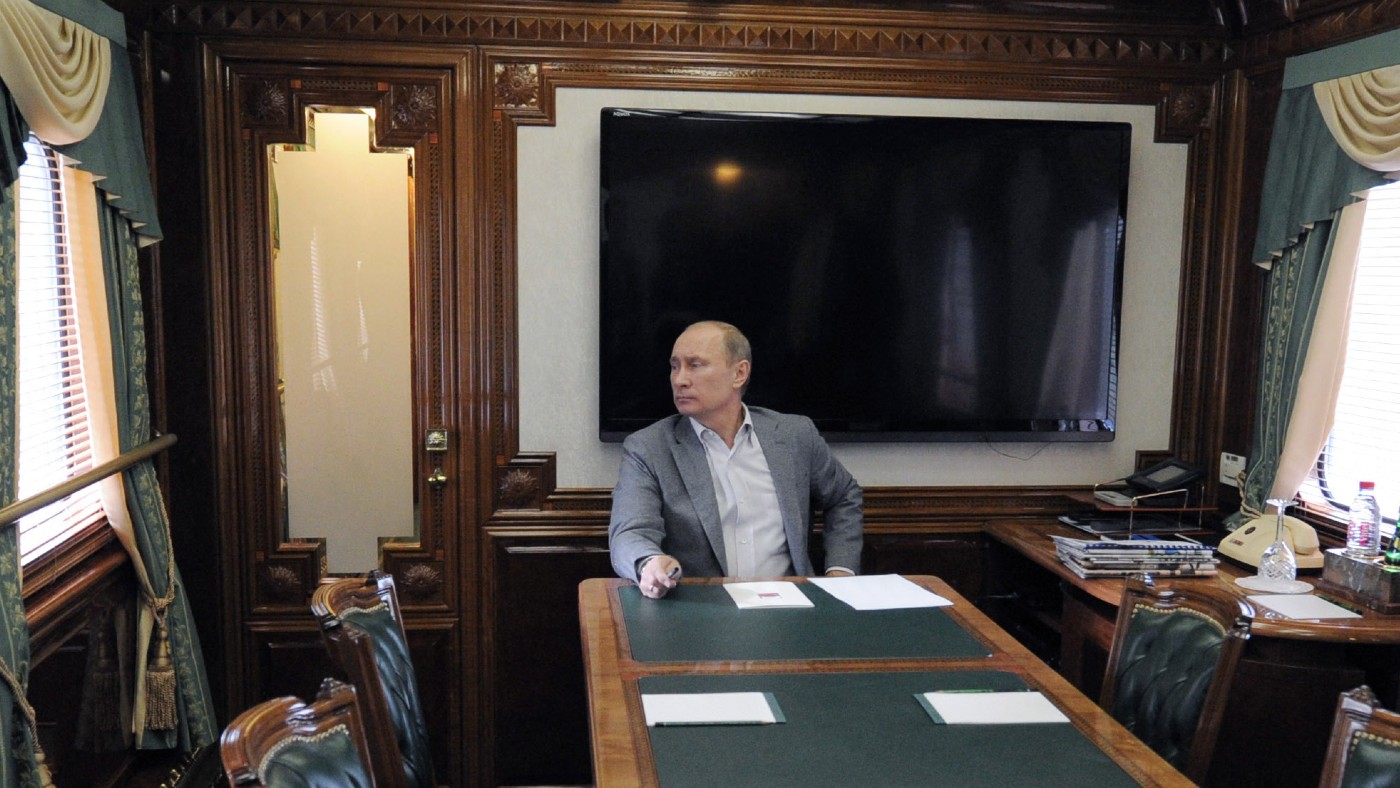 ‘Ghost trains’ and armoured limos: how Vladimir Putin travels in secret luxury
‘Ghost trains’ and armoured limos: how Vladimir Putin travels in secret luxuryUnder the Radar Planes, trains and automobiles make up the Russian president’s fleet of undercover travel options
-
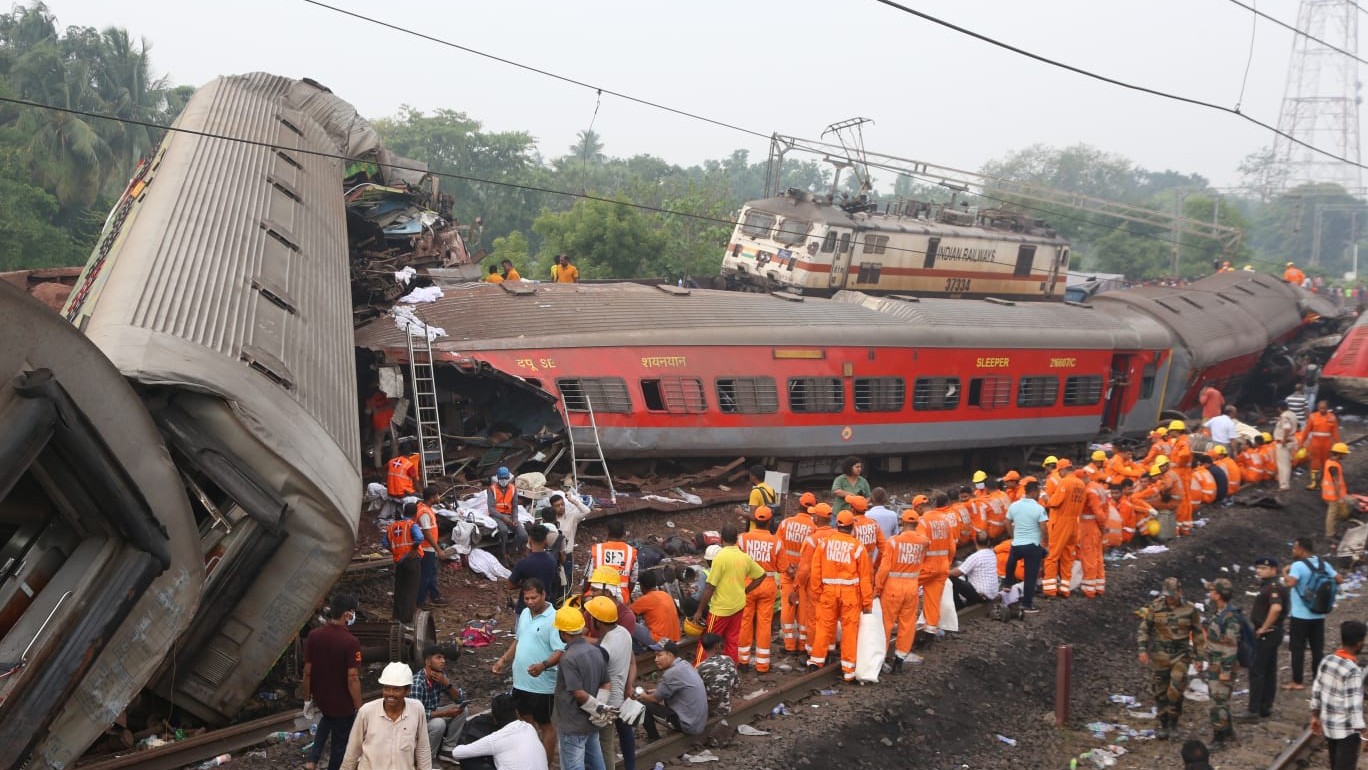 How safe is India’s rail network?
How safe is India’s rail network?feature Narendra Modi’s costly modernisation programme in spotlight after worst train disaster in decades
-
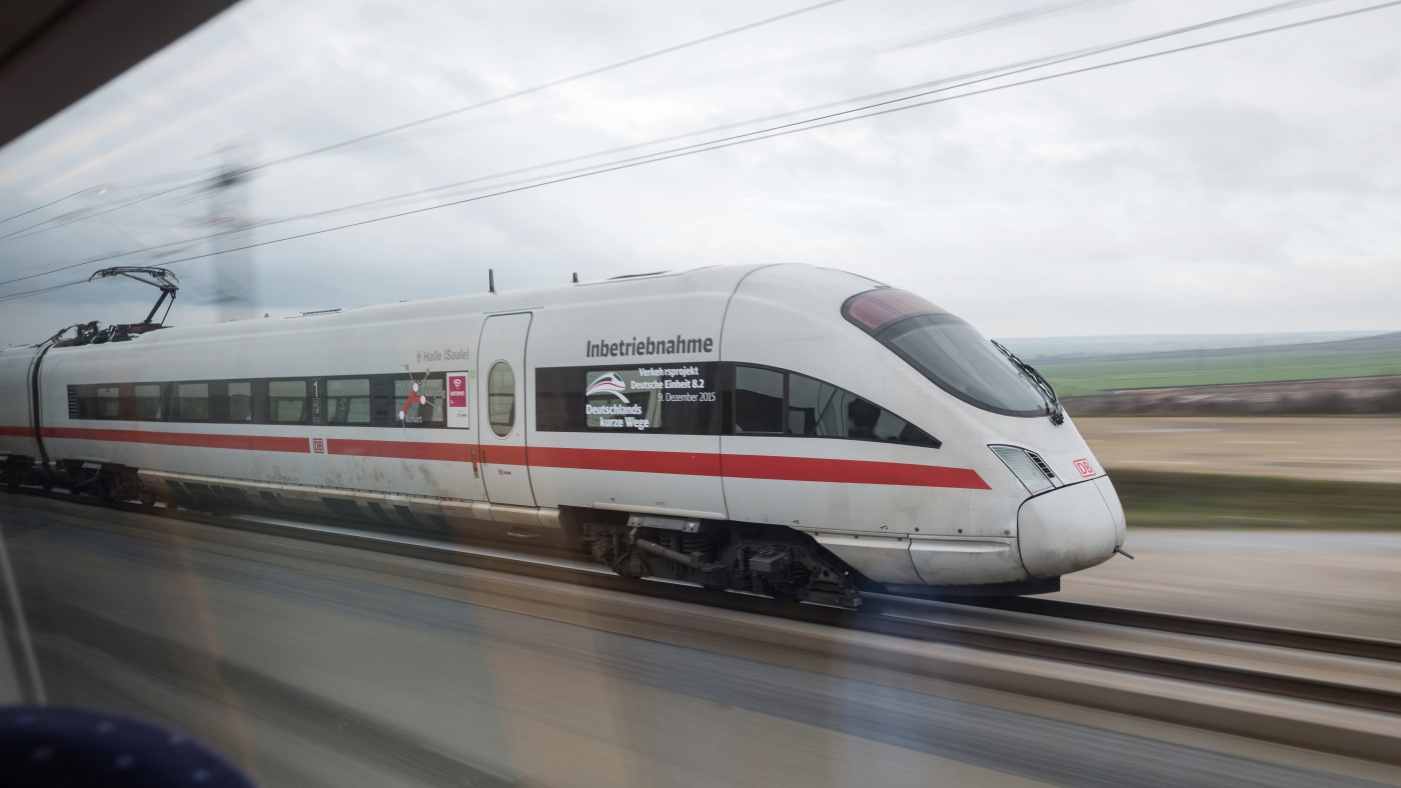 How safe is train travel?
How safe is train travel?feature The Week looks at the safety records of modern railways in Europe, the US and the UK
-
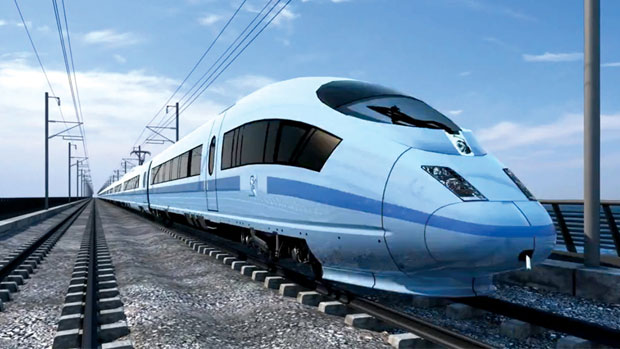 Will HS2 be scrapped and what has it cost so far?
Will HS2 be scrapped and what has it cost so far?In Depth Experts say cutting costs on the controversial high-speed rail project could mean a slower and less regular service linking fewer locations
-
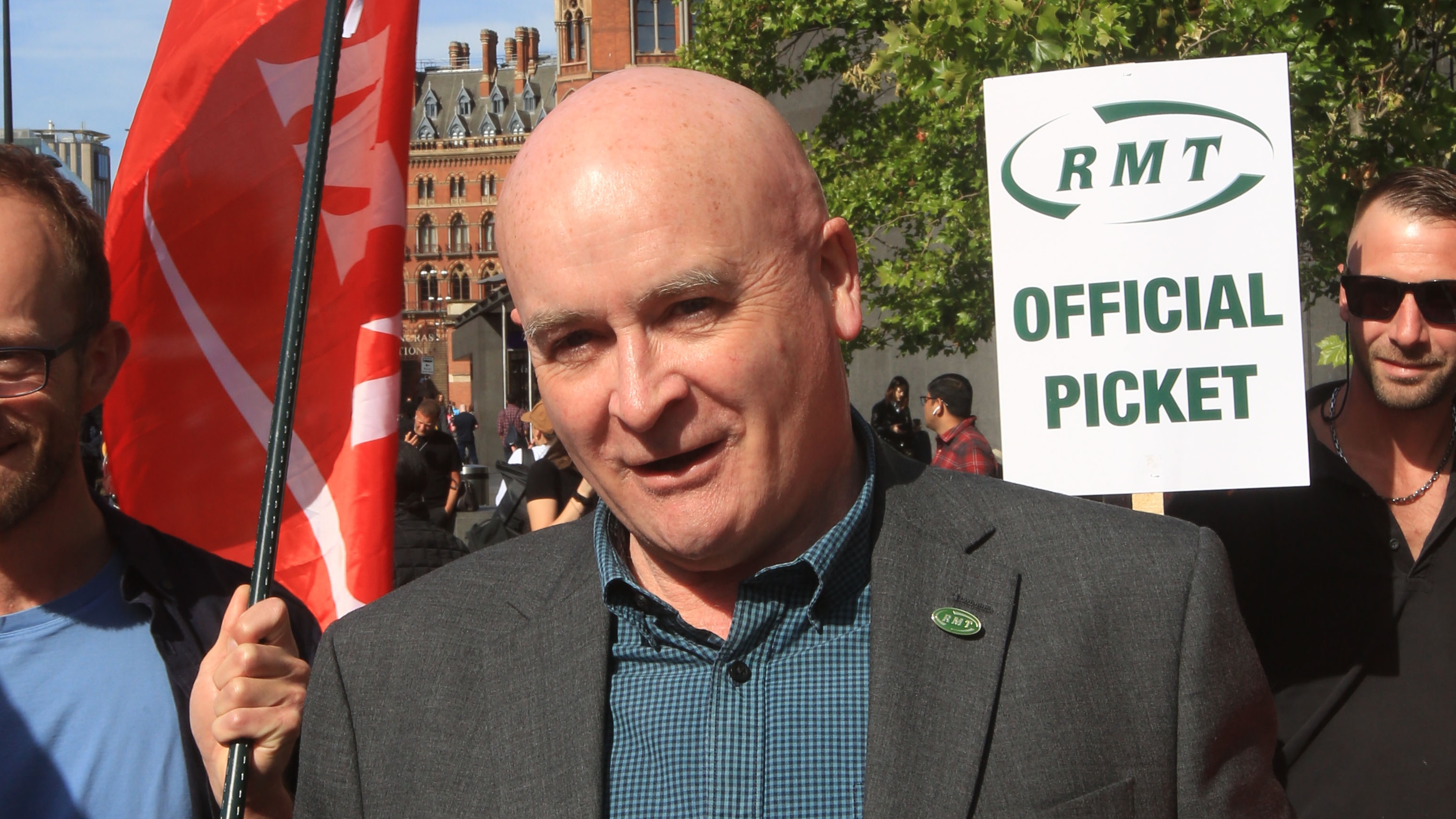 Mick Lynch: the veteran trade unionist leading rail walkouts
Mick Lynch: the veteran trade unionist leading rail walkoutsIn the Spotlight The RMT has reportedly balloted for strike action 200 times under Lynch’s leadership